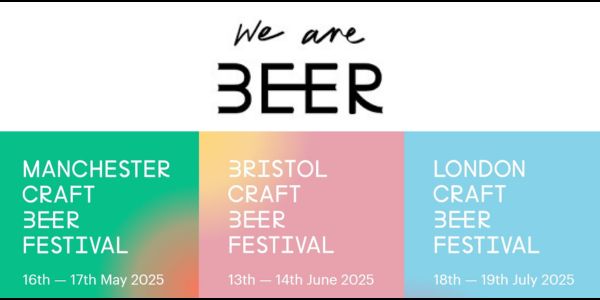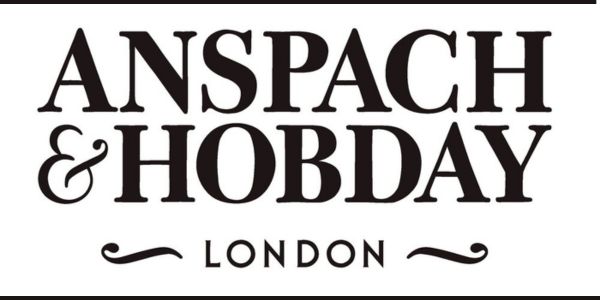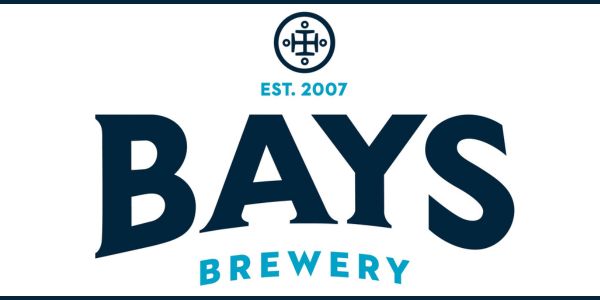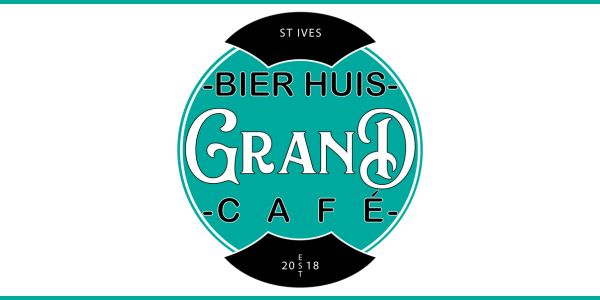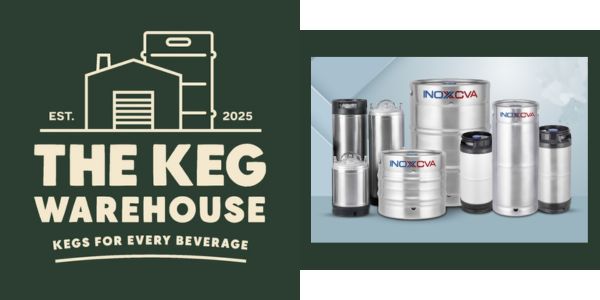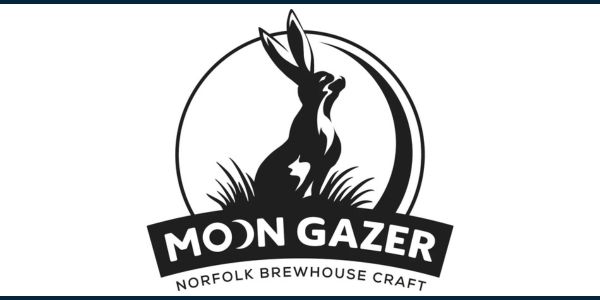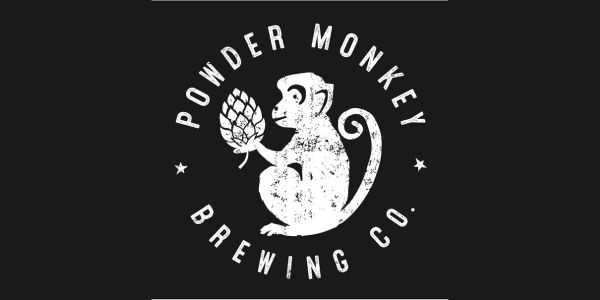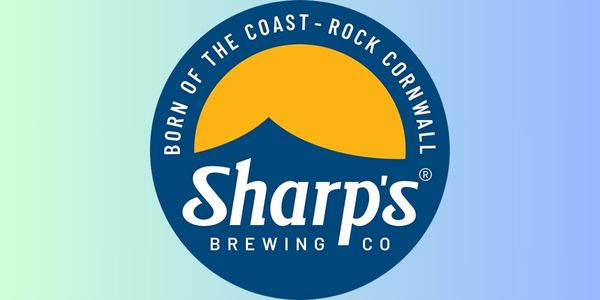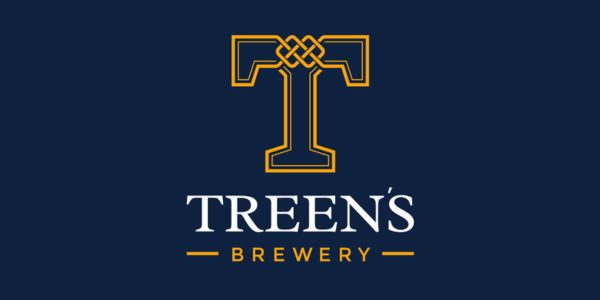A new report from alcohol-free beer brand Lucky Saint and insights company KAM has revealed that nearly a third of pub visits are alcohol free.

Some 55% of UK drinkers consume fewer than ten units of alcohol per week, according to the new research. This is in comparison to NHS reports that 60% of adults drank up to 14 units per week in 2019.
This new ‘moderate’ group of drinkers are, however, also the most likely type to visit a pub at least once per month (78%), highlighting a major shift in consumer behaviour. Drinkers are increasingly moderating their alcohol intake while attending social occasions.
The new report — Low & No 2022: The Customer Perspective — sheds light on changing drinking habits throughout the UK. It found that the majority (58%) fell into the category of having an alcoholic drink at most three times a week, with 29% of the population currently drinking three days a week or more. It also showed that some 55% of UK drinkers are looking to reduce alcohol consumption in 2022, rising as high as 65% for Gen Z.
Better health was the largest driver behind moderation, while respondents identified taste as being the number one reason when choosing an alcohol-free option.
While alcohol consumption has risen in the last three years, the report identifies a growing ‘middle ground’ of drinker who orders soft drinks, teas and coffees, or alcohol-free drinks while out.
The report also established people’s reasons for moderating drinking. Aside from having to drive, the most popular included wanting to stay fresh for a ‘big day’ the next day (31%), if others aren’t drinking within a social group (30%), or being able to attend another activity such as organised sports (25%) afterwards.
It additionally highlights the top alcohol-free occasions for consumers in pubs, bars and restaurants. More than 40% of respondents identified a family meal with young children as their main occasion, while visits for lunch (32%) and work meetings (31%) also ranked highly.
Significant opportunity
Supermarkets were identified as the main market for the growth of alcohol-free choices from consumers in the UK, but Luke Boase, founder of Lucky Saint, pointed to the UK’s slow adoption of credible low and no alternatives compared to other countries.
He said: “We’re at the start of a cultural shift in our attitudes towards drinking in the UK, as we see an increasing number of drinkers who prefer to moderate their choices.
“The likes of Spain, France, and Germany all have at least five times the market share for low and no options, compared to the UK. Consumers want taste and quality, but historically there’s not been a product that fits the bill.
“This report shows just how significant the opportunity is. In a sector that only knows people as drinkers and non-drinkers, there isn’t much understanding of how to cater to the majority of UK pub-goers currently.
“We need to rethink what we understand as a ‘non-drinker’ in the UK. Those who move fast to tap into this market in the UK will see huge rewards in the coming years.”
Research from the IWSR (the globally trusted source for alcohol trends) put low- and no-alcohol beer purchases at $454m in 2021. Meanwhile, Lucky Saint expects the UK low and no market to be worth upwards of £450m by 2024, having achieved 180% year-on-year growth since 2021.
Elsewhere, major global brewers point toward a wider global shift towards a growing alcohol-free market. AB InBev aims to have no- and low-ABV beverages make up one fifth of global production by 2025, while Heineken predicts 20% of total brand sales will be no and low “within a few years”.
Katy Moses, managing director of KAM, said: “Without a doubt, alcohol consumption habits are shifting in the UK. Despite short-term flux during the pandemic, an overwhelming proportion of Brits intend to cut down their consumption over the next 12 months.
“It’s no surprise, then, that consumer awareness of the low and no category is at an all-time high. UK drinkers are looking for ways to drink less alcohol, but don’t want to miss out on all the occasions where alcohol is normally present — going to the pub with friends, celebrating a birthday at home, enjoying a beer while watching sport, for example — and the increasing number of high-quality alcohol-free options available is being welcomed by UK drinkers.
“The growth in popularity of the alcohol-free category isn’t primarily driven by those who never drink alcohol, but rather the huge number of Brits who simply want to moderate their intake and are looking for a great tasting alternative. The research suggests that low and no alcohol has certainly hit the mainstream and is here to stay.”

